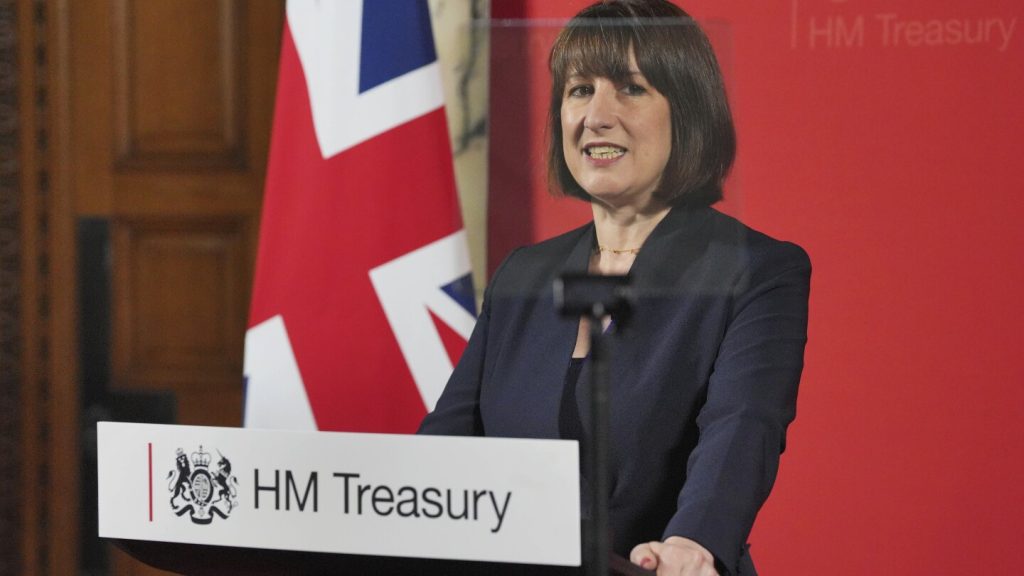Britain’s new Labour government, under the leadership of Chancellor Rachel Reeves, has revealed a 22-billion-pound shortfall in the public finances inherited from the previous Conservative administration. In her speech, Reeves accused the previous government of covering up the dire state of the nation’s finances and making unfunded commitments. The audit commissioned by Reeves identified excess spending pressures, including unaccounted upcoming pay awards in the public sector and overspending in the asylum system, partially due to a failed plan involving migrants being sent to Rwanda. Reeves announced cuts to several construction projects and the withdrawal of winter fuel payments for retirees to cover the shortfall.
In an effort to recoup money, Reeves outlined a series of “difficult” savings measures, such as establishing an office to identify wasteful spending and axing transportation projects like the Stonehenge tunnel and the previous government’s hospital program. She also announced changes to the winter fuel payment, limiting it to those most in need, and abandoning a plan to restrict costs individuals pay for their care in old age. Reeves hinted at possible tax increases in her upcoming budget, emphasizing the need for difficult decisions across spending, welfare, and tax. Labour had promised not to raise taxes on working people during the campaign, but Reeves may consider other sources of revenue, such as closing tax loopholes.
Critics, including former Chancellor Jeremy Hunt, have accused Reeves of trying to score political points by highlighting the state of the public finances. Hunt argued that Reeves knew about the challenges during the election and is now preparing the grounds for tax hikes. Despite these criticisms, Reeves announced pay agreements with various public sector staff, including teachers and doctors, and successfully negotiated an end to the doctors’ strike in England. The Institute for Fiscal Studies acknowledged the financial challenges facing the government and expressed support for Reeves, noting that the scale of the problem was greater than initially predicted.
The situation highlighted by Reeves has raised concerns about the country’s debt burden, which is at its highest level since the early 1960s. The IFS director, Paul Johnson, stated that it was evident that the spending plans inherited by Labour were incompatible with their ambitions for public services, requiring more cash in the future. While the scale of the funding pressures was greater than anticipated, Johnson acknowledged Reeves’ position and the challenges she faces in addressing the financial situation. As Reeves prepares to deliver her first budget, her decisions on spending, welfare, and tax will be closely scrutinized as she navigates the complex economic landscape left by the previous government.


